Quiet Hands grew out of research the director (Chris Durnall) and I undertook among autistic adults. This research, supported by the Wales Autism Research Centre and the Arts Council of Wales, revealed the alarming prevalence of predatory manipulative bullying of autistic people who lived independently.
Known as ‘mate crime’ (due to its links to disability ‘hate crime’), this under-reported and dangerous phenomenon became the main focus of my second play for Winterlight. The title comes from a common instruction given to autistic children undergoing the Behaviourist therapy known as ABA, in which children are trained to mimic the behaviour of “normal” society and to cut out any of their own behaviours that their therapist (in consultation with their families) deems inappropriate.
This learned compliance can render an autistic person less able to resist the demands of predatory individuals in adulthood.
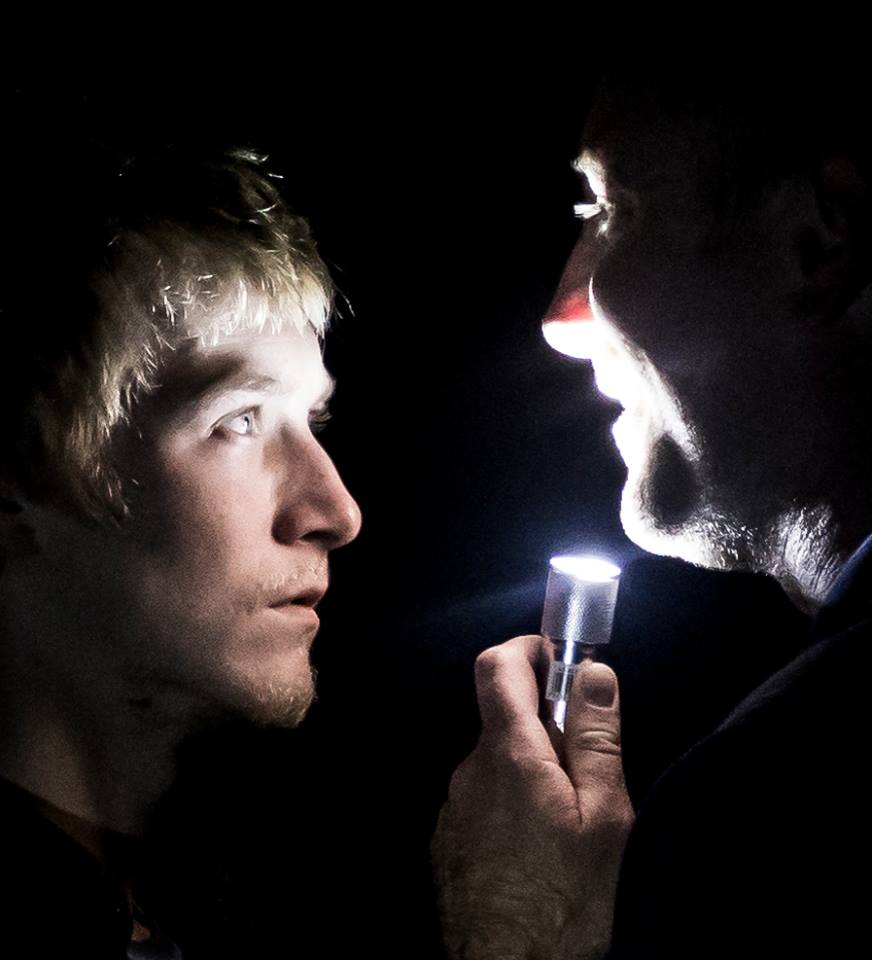
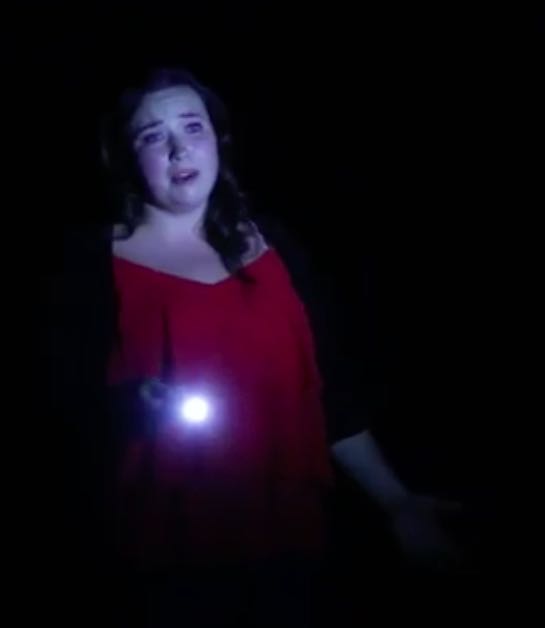
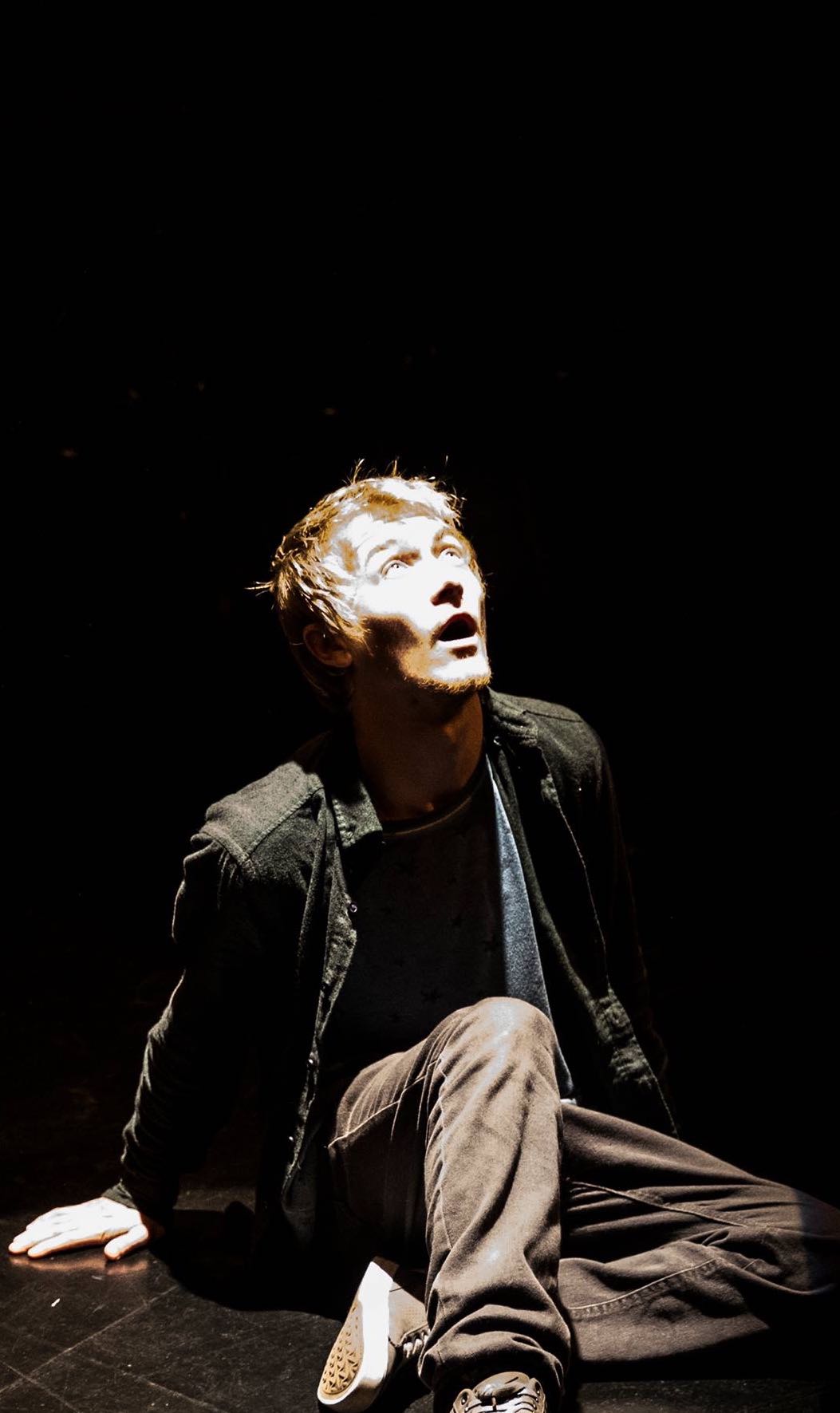
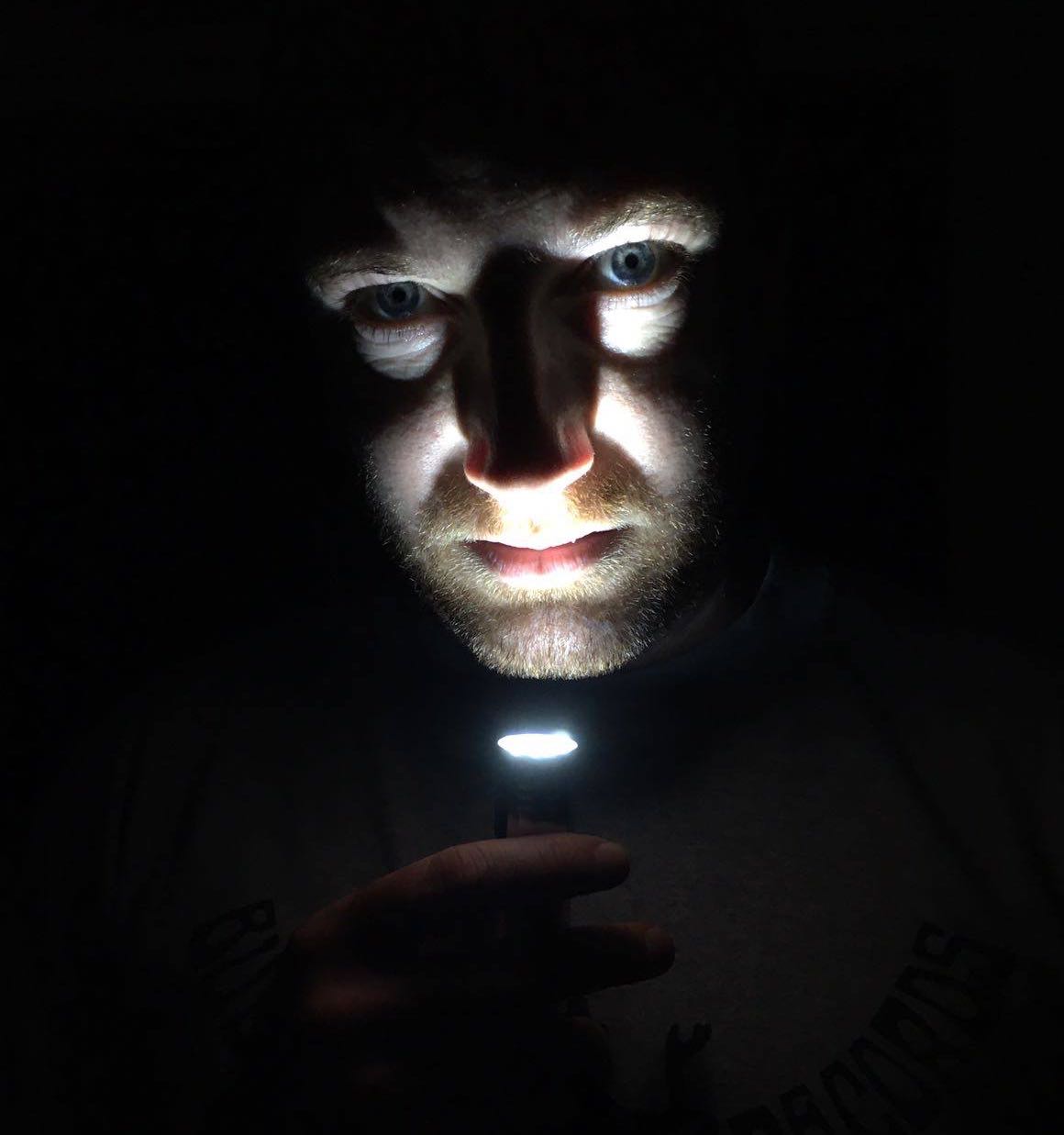

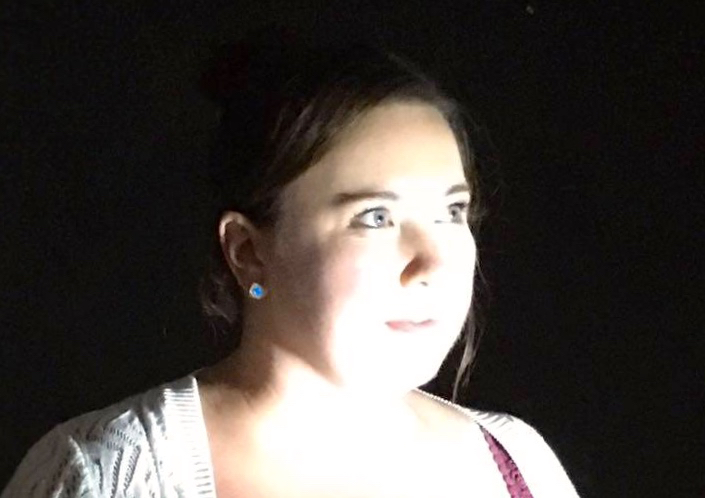
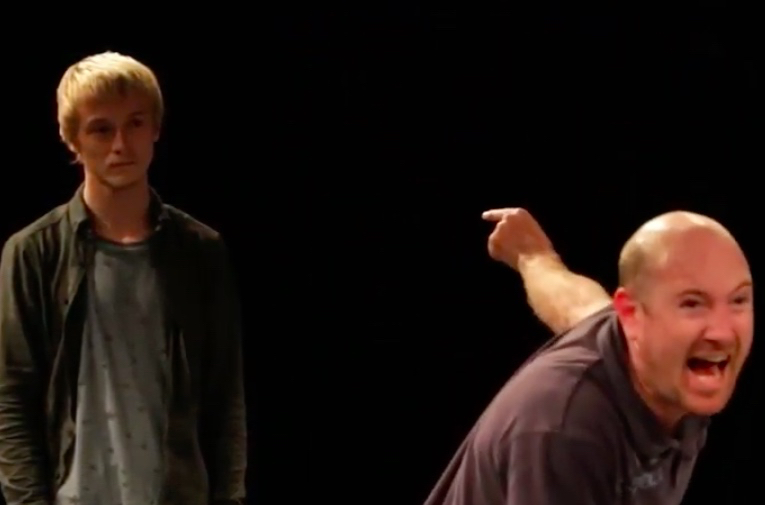
Quiet Hands production notes
Reviews for Quiet Hands
Quiet Hands
Under the direction of Chris Durnall, the atmosphere of threat remains tangible throughout
Quiet Hands
Director Chris Durnall and his excellent cast subtlety introduce a sharp note of tension and theatricality. This turns to a sharper realism as matters become more desperate.
Quiet Hands
Packs a powerful punch… The three actors give strong and committed performances… James Ashton as Russ and Mo is excellent as a half naive and half bitter brother, and a menacing Mo who is a mean predator.
Quiet Hands
Tim Rhys again writes with a real beauty, with care and sensitivity and a clear grasp of his subject.